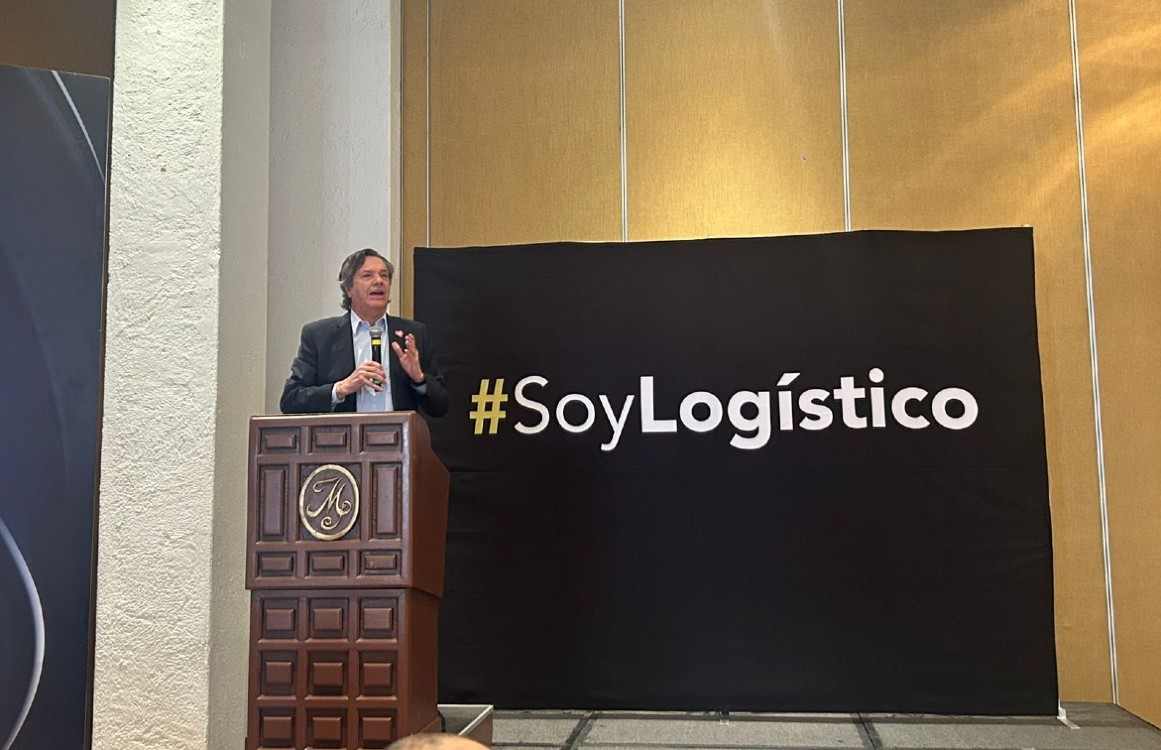
On Tuesday, the General Assembly of #SoyLogístico Association was held, during which the sector expressed its main concerns regarding infrastructure to Guillermo Ruiz de Teresa, coordinator of the Infrastructure Thematic Table of Xóchitl Gálvez’s team, candidate for the presidency by the coalition “Fuerza y Corazón por México”.
During the meeting, where the association ratified the presidency of Virgilio Paniagua, the logistics sector highlighted four main challenges they foresee for the next six-year term, on the eve of the presidential elections on June 2.
The challenges include: collaborating with the government for logistic infrastructure projects, increasing security on highways, railways, and customs in the country; working together to enhance efficiency and productivity in import and export processes; and increasing efficiencies in toll booths on highways and providing rest stops with services and security for operators.
Given this scenario, Guillermo Ruiz de Teresa, former General Coordinator of Ports and Merchant Marine during Enrique Peña Nieto’s administration, stated that considering the situation the current administration will leave the country, the strategy needs to be reconsidered. He pointed out three fundamental points that could be implemented.
Firstly, as Xóchitl Gálvez has already mentioned, the functions of the Armed Forces should be limited. “Airports cannot continue to be controlled by the Navy in some places, by the Army in others. Customs cannot be in the hands of the Army; this spoils logistics,” said the representative.
As a second point, he assured that at the beginning of the next six-year term, the economy will be in trouble due to the projects carried out by the current administration. Therefore, he emphasized the importance of opening opportunities for private investment in infrastructure.
“We have to open up private investment, something that was being opened up and was closed off during this six-year term. The government has a function and a priority that are social aspects. It will have to invest a lot in education, a lot in health, and the infrastructure part, which has a lot of important potential in itself, we have to open it up to the private sector and have good logistics,” stated Ruiz de Teresa.
Likewise, he indicated that there should be a shift in focus towards goods, services, and people, in order to channel investment towards projects that streamline processes and logistics, even if it’s not a “mega project”, as “infrastructure is not the main character, it’s a means to make this country better; if we use it to generate greater investment, we are doing the right thing.”
On the other hand, these projects must be complemented to ensure connectivity, which in turn will promote multimodality to make freight transportation more efficient and make the country more attractive to investments.
Finally, he emphasized that all conditions must be provided to companies, since, for example, “we are not providing sufficient capacity for energy and water,” which could also affect private investment.
“One thing is to work on connectivity and have nodes in different points, but there is no energy. If we don’t give the private sector a chance, there will be no energy, and if we want it to be clean, even more so,” stated Guillermo Ruiz de Teresa.
Comment and follow us on X: @jenna_GH_ / @GrupoT21















